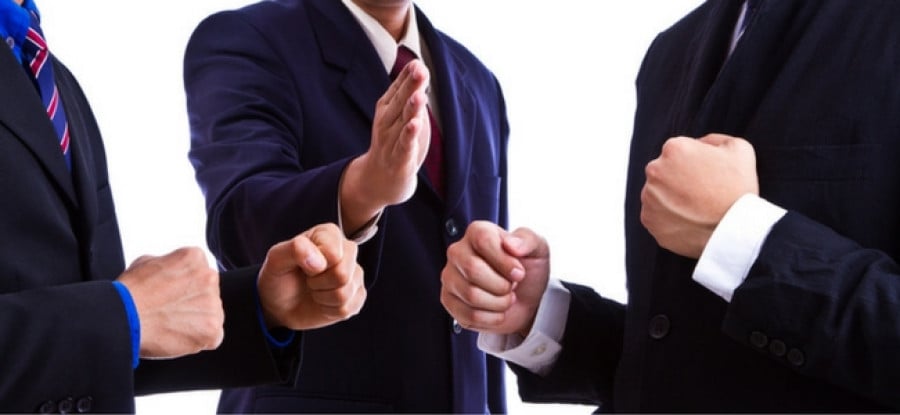Best practice for Sports Governing Bodies when dealing with individual complainants: Part 2 - Guidelines for legal teams

This two-part article offers practical guidance for sports governing bodies as to how to effectively handle individual complainants. It is based largely on the author’s experiences as an in house contentious lawyer for a governing body, and thereafter in private practice acting for other governing bodies across a wide range of sports.
Part 1 of the article (available here) looks at how to ensure a governing body handles all individual complainants fairly and proportionately, through effective complaint handling mechanisms.
Part 2 (below) moves on to consider how to handle individuals as a lawyer acting within, or for, a governing body. Specifically it looks at:
- Determining whether or not an individual should be deal with by the legal team
- Engaging with challenging individuals
- Meeting individuals and mediation/alternative dispute resolution
- Issue of a claim
- Concluding remarks
Whilst this article focuses on sports governing bodies, it is hoped that the content and practical nature of this article might also assist those acting within or for other sporting organisations, perhaps most obviously clubs.
How to handle individuals when representing a governing body
The most common reason an individual will reach the legal team is that the individual concerned will have used a particular term or combination of words in correspondence, such as "sue", "court", "lawyer", "discrimination" or "Data Protection Act".
This immediately makes the matter a "legal issue" (in the eyes of both the complainant and probably also the person within the governing body who has received the correspondence). In other cases, the individual concerned, or solicitors on their behalf, will have written directly to the governing body's legal team.
Determining whether or not an individual should be dealt with by a governing body's legal team
Once a case involving an individual lands on a governing body lawyer's desk, the first thing for the lawyer to do is to establish
- what the grievance/claim actually is,
- whether it is justified, and, if so,
- whether the prospect of legal action based upon the grievance has any merit.
Obviously, in many cases it will be readily apparent when a governing body's legal team should handle cases involving an individual, because the individual's case is one that raises real legal, reputational or other significant risk. In other cases there can however be a somewhat blurred line between a case that is best handled as a customer relations “complaint” and one that truly warrants the attention of a governing body lawyer, as the two (to be clear, fictional) examples below may help to demonstrate.
(It is not suggested that in such cases there is a “right” and “wrong” answer, and it will of course be a matter of judgement in all the circumstances of any given case, taking into account any applicable policies and procedures of the governing body.)
Example 1:
To continue reading or watching login or register here
Already a member? Sign in
Get access to all of the expert analysis and commentary at LawInSport including articles, webinars, conference videos and podcast transcripts. Find out more here.
- Tags: Alternative Dispute Resolution | Dispute Resolution | Independent Football Ombudsman (IFO) | Independent Football Ombudsman (IFO)_ Lawn Tennis Association (LTA) | Lawn Tennis Association (LTA) | Mediation | Ombudsman | Sports Governing Bodies (SGBs)
Related Articles
- An overview of key case law relating to negligent liability for sports injuries (Part 1)
- An overview of key case law relating to negligent liability for sports injuries (Part 2)
- What effects have FIFA’s Intermediaries Regulations had on player representation and commission levels?
- Best practice for Sports Governing Bodies when dealing with individual complainants: Part 1 - Internal procedure
Written by
Richard Bush
I am an experienced and practically minded sports lawyer, working as a partner in our Media, Entertainment & Sports Group at Bird & Bird in London.
Having trained and qualified at a major city firm, I began my career as a sports lawyer in 2011, working as an in-house lawyer at The FA. In 2014 I went back into private practice with a highly respected boutique sports law firm, before joining the market-leading practice here at Bird & Bird in 2016.
As a consequence, I have experience of advising a wide range of sports organisations (including national and international governing bodies, event organisers, clubs, and rights-holders) across a wide variety of legal issues. I have developed a deep understanding of the wider practical challenges faced by such organisations.




